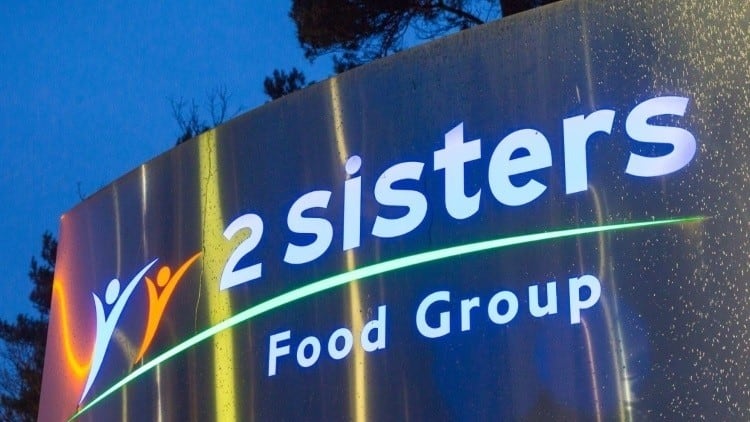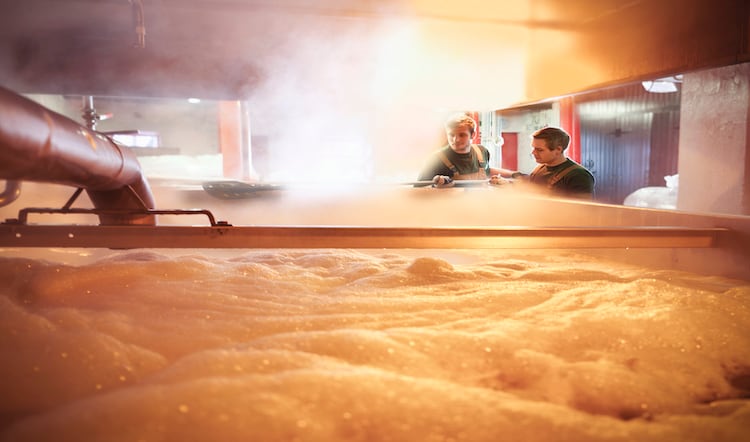As Tony Goodger, spokesperson for AIMS, explained: “With the cost of living likely to be top of the new Prime Minister’s in tray, it is the unprecedent rise in input costs which are leading to a cost of production crisis for manufacturing businesses. Key among these increases is the cost of electricity”.
“AIMS members are coming to us daily horrified by the amounts their bills have increase by. In most cases these are triple digit percentages.”
Businesses have been forced to use money earmarked for expansion, site upgrades or other investment to pay their energy bills, said Goodger.
To mitigate these ‘extortionate’ increases to producers’ energy bills, AIMS urged the new Prime Minister and cabinet to adopt its four recommendations (see box below) to keep input costs in check and prevent the increased cost of production from being passed to consumers in ever increasing price hikes.
AIMS recommendations for Government
1. Immediately introduce a cap to business energy costs and ensure that UK competitiveness is maintained by pegging any increases against a global average.
2. Suspend the introduction of unnecessary business costs such as the plastics tax until such a time as the economy can sustain addition taxes.
3. Restore the use of rebated fuels to the whole of the agricultural supply chain to include cutting plants and the refrigeration units on vehicles.
4. Introduce a common nationwide business support package to include easy and quick access to grants to install PV panels as opposed to regional grant funding.
“It is our belief that the cost of production is the single most important issue for the incoming Prime Minister, as it is this that is driving inflation and thus the cost of living crisis,” Goodger added.
“There has never been a more pressing time for businesses to look at every kilowatt hour of energy spend and to check that it is being purchased on the best terms and applied in the most efficient manner.”
AIMS claimed that a failure to act could see rurally based businesses being forced to close, which in turn would have wider implications for the local economy and the communities in which they are based.
“We urge the new PM to act now and act decisively not just on behalf of our members but the whole of the food and drink industry who are all facing the same challenges,” Goodger concluded.




